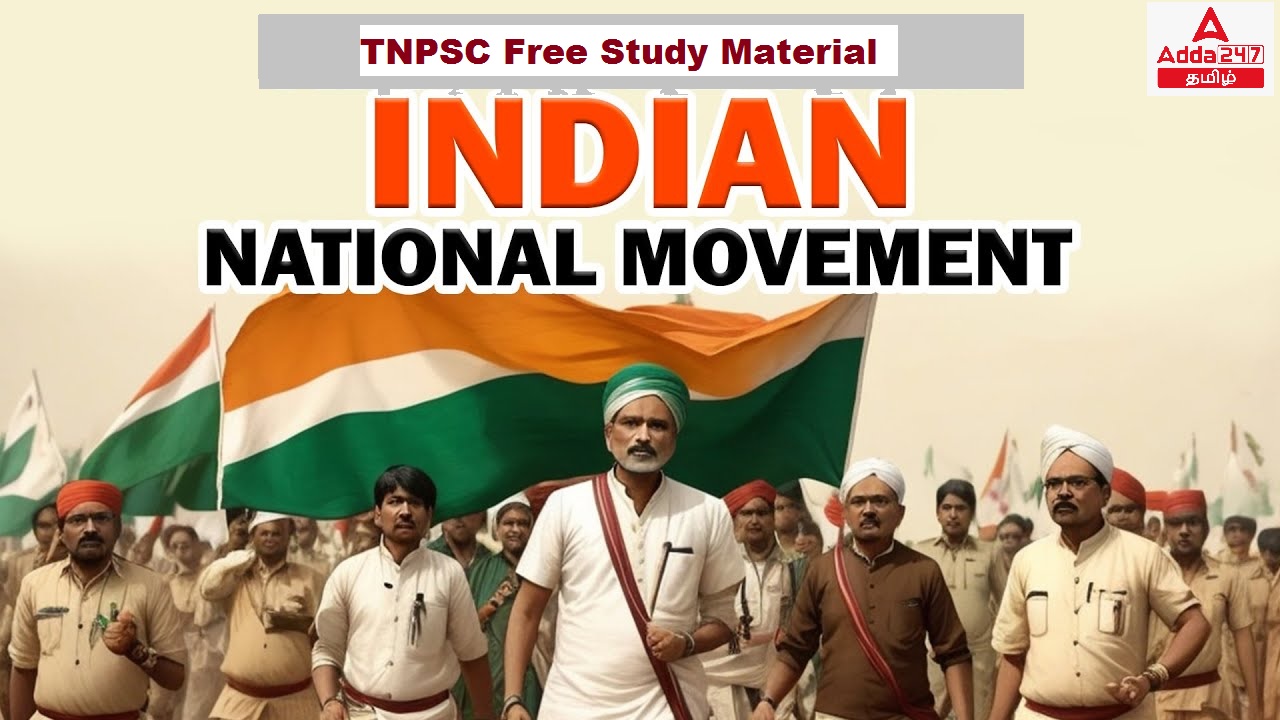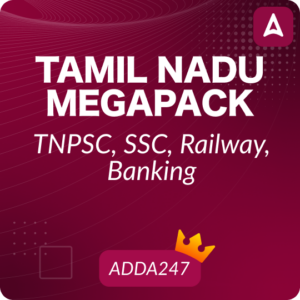இந்தக் கட்டுரையில், TNPSC குரூப் 1, குரூப் 2, குரூப் 2A, குரூப் 4 மாநிலப் போட்டித் தேர்வுகளான TNUSRB, TRB, TET, TNEB போன்றவற்றுக்கான முறைகள் இலவசக் குறிப்புகளைப் பெறுவீர்கள்.தேர்வுக்கு தயாராவோர் இங்குள்ள பாடக்குறிப்புகளை படித்து பயன்பெற வாழ்த்துகிறோம்.
Communalism
Introduction
Before the establishment of British Raj, Mughals and their agents had ruled large parts
of the country.
Large sections of the Muslims enjoyed the advantages of being the co-religionists of the
ruling class many of whom were sovereigns, landlords, the generals and officials.
Persian was the official and court language.
Muslim Condition
British gradually replaced Muslims and introduced a new system of administration.
By the mid-nineteenth century English education predominated.
The 1857 rebellion was the last gasp of the earlier ruling class.
Following the brutal suppression of the revolt, the Muslims lost everything like their
land, job and other opportunities and were reduced to the state of penury.
For the first few generations after 1857 they hated everything British.
Besides they resented competing with the Hindus who had taken recourse to the new
avenues opened by colonialism.
British plan
With the emergence of Indian nationalism especially among the educated Hindu upper
castes, the British saw in the Muslim middle class a force to keep the Congress in check.
They cleverly exploited the situation for the promotion of their own interests.
The competing three strands of nationalism are Indian nationalism, Hindu nationalism,
and Muslim nationalism.
Hindu Revivalism
Early nationalists believed that nationalism could be built only on a Hindu foundation.
As pointed out by Sarvepalli Gopal, Hindu, revivalism found its voice in politics through
the Arya Samaj, founded in 1875, with its assertion of superior qualities of Hinduism.
Besant identified herself with Hindu nationalists and expressed her ideas as follows:
‘The Indian work is first of all the revival, strengthening and uplifting of ancient religions.
This has brought with it a new self-respect, a pride in the past, a belief in the future and
as an inevitable result, a great wave of patriotic life, the beginning of the rebuilding of a
nation.’
Rise of Muslims Consciousness
Islam on the other hand, to quote Sarvepalli Gopal again, was securing its articulation
through the Aligarh movement (1875).
The British, by building the Aligarh College and backing Syed Ahmed Khan, had assisted
the birth of a Muslim national party and Muslim political ideology.
The Wahabis wanted to take Islam to its pristine purity and to end the superstition
which according to them had sapped its vitality.
From the Wahabis to the Khilafatists, grassroots activism played a significant role in the
politicization of Muslims.
Other reasons for development of Muslim consciousness
In 1870s the Bengal government’s order to replace Urdu by Hindi.
To replace the Perso-Arabic script by Nagari script in the courts and offices created
apprehension in the minds of the Muslim professional group.
Growth of Communalism
Divide and Rule Policy of British
The object of the British was to check the development of a composite Indian identity,
and to forestall attempts at consolidation and unification of Indians.
The British imperialism followed the policy of Divide and Rule.
Bombay Governor Elphinstone wrote, ‘Divide et Impera was the old Roman motto and it
should be ours.’
The British government lent legitimacy and prestige to communal ideology and politics
despite the governance challenge that communal riots posed.
Animosity between Hindus & Muslims
1882 – Major riot was held in Salem
In North India animosity was mostly developed among Hindus and Muslims.
Last decade of 19 th century most of the Hindu – Muslim riots happened.
Cow Slaughter and Communal Riots
1893 July – Azamgarh, dispute between Hindus – Muslims raised in United Provinces,
Bihar, Gujarat and Bombay
Gaurakshini Sabhas (cow protection league) were becoming more militant and there
were reports of forcible interference with the sale or slaughter of cows.
Between 1883-1891 – 15 major riots occurred in Punjab
Congress organizations, Punjab cow protectionists, Gaurakshini Sabhas in Central
provinces, propagators of recognition of Devanagari as official language and
government officials of the United Province joined the federation.
Growth of Communalism
Moves of the Congress
Many congress men had involvement in Hindu organisations like Arya Samaj, the
Congress leadership was secular.
There was an attempt by some Congressmen to pass a resolution in the third session of
the Indian National Congress, making cow killing a penal offence, the Congress
leadership refused to entertain it.
The Congress subsequently resolved that if any resolution affecting a particular class or
community was objected to by the delegates representing that community, even though
they were in minority, it would not be considered by the Congress.
Third Session of Congress
1887 – Held in Madras
President – Badruddin Tyabji, First Muslim President.
Muslim Leaders in Congress & Role of Syed Ahmed Khan
Muslim leaders like Badruddin Tyabji and Rahmatullah Sayani in Mumbai, Nawab Syed
Mohammed Bahadur in Chennai and A. Rasul in Bengal who supported the Congress.
But the majority of Muslims in north India toed the line of Syed Ahmed Khan, and
preferred to support the British.
The introduction of representative institutions and of open competition to government
posts gave rise to apprehensions amongst Muslims and prompted Syed Ahmed Khan
and his followers to work for close collaboration with the Government.
By collaborating with the Government he hoped to secure for his community a bigger
share than otherwise would be due according to the principles of number or merit
*************************************************************************
| Adda247 TamilNadu Home page | Click here |
| Official Website=Adda247 | Click here |




